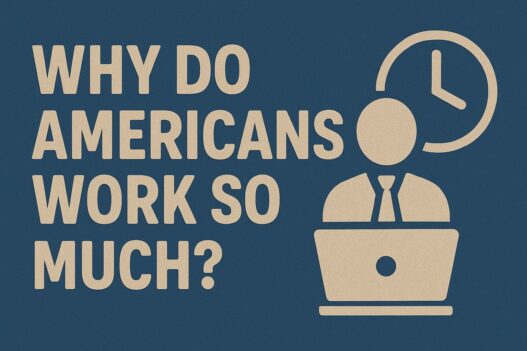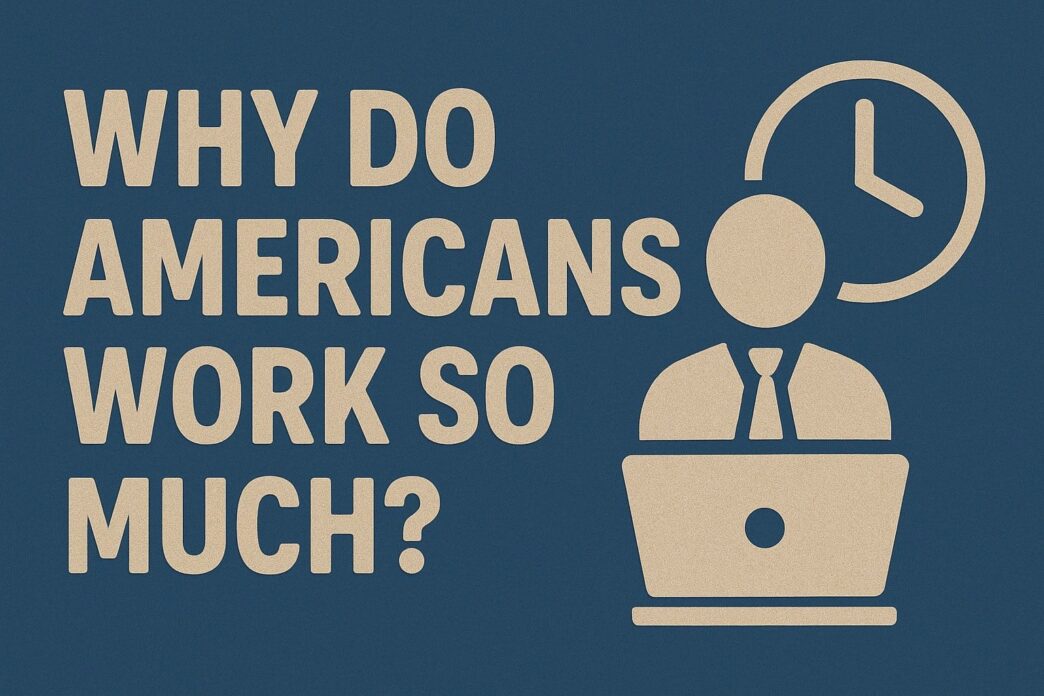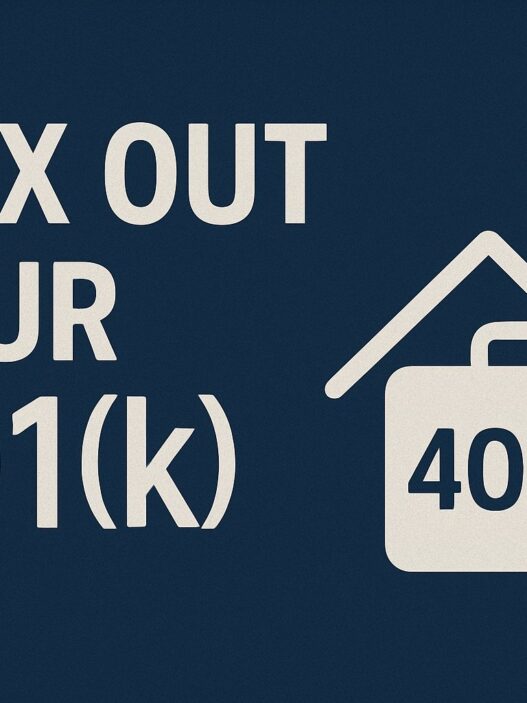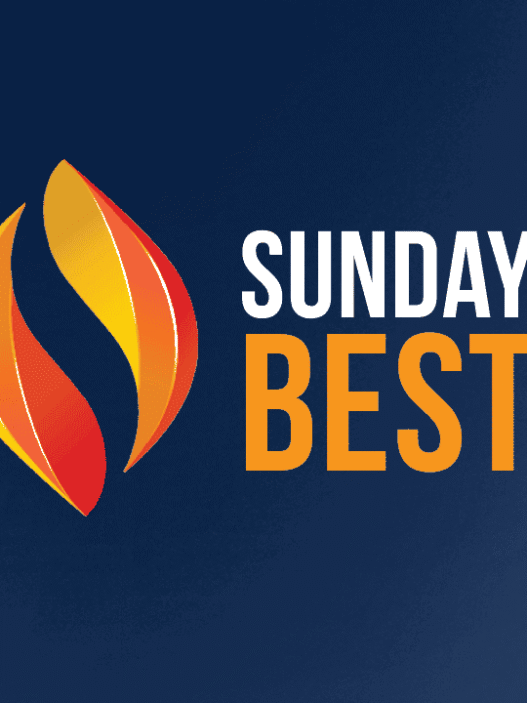At the center of our nation's identity is the epithet of “the American Dream,” and at the center of that dream is work. It's the axle on which the entire vehicle turns. It's no wonder then that the rest of the world views Americans as workaholics.
But what's really behind this phenomenon? Is it as simple as wanting to build a life that has all the trappings of “a good life,” or have we been following a standard set by forces far beyond our eyeline?
According to the International Labor Organization, the average American clocks 36.4 hours a week, which is higher than workers in the U.K. (35.9), Norway (33.5), and Canada (32.1).
Those are some rookie numbers for physicians who average 40–50+ hours of work a week.
The OECD places the average U.S. worker at roughly 1,796 hours per year, while the average German worker logs only 1,331. That's 2.8 extra weeks per year, which is time that could be better spent elsewhere.
Source: OECD
Economist Juliet Schor notes that “Before 1900, American hours were lower than in a number of European countries.” The U.S. was first to adopt the five-day workweek and once led the world in shortening hours.
Then, around the 1970s, the trajectory reversed. Europe continued trimming work time, while America stagnated, and then started climbing again.
Today, the richest nation on earth labors more than nearly every peer democracy, resulting in a landscape where you can either choose wealth or leisure, that is, until you become wealthy enough to afford to be leisurely.
The American Dream
It's hard to overstate how deeply “work” has been baked into the American psyche. What began as a Protestant ethic (labor as virtue) mutated into a capitalist creed that perpetuated the idea that your value is worth only as much as your output.
“Why do Europeans and Americans differ so much in their attitude toward work and leisure? I can think of two reasons,” writes Michael Elliot in Time magazine.
“Broadly speaking, Americans value stuff — SUVs, 7,000-sq.-ft. Houses — more than they value time, while for Europeans it's the opposite. Second, … in the puritanical version of Christianity that has always appealed to Americans, religion comes packaged with the stern message that hard work is good for the soul. Modern Europe has avoided so melancholy a lesson.”
There you have the long and short of it. Even our motivational sayings and phrases, everything from “pull yourself up by your bootstraps” to “let's get this bread,” reinforce the same moral code that to rest is to regress, to take breath is to fail.
The American Dream promised freedom through work; what we got was freedom, sure, but from leisure itself.
In contrast, countries like France, Denmark, and Finland recognize rest as a social good. It's protected by law. France offers 30 working days of paid vacation; in the U.S., the average citizen takes 10–11 days off.
The typical French worker can take August off without apology. The typical American checks Slack on the beach.
Source: Forbes
Tony Yiu, a data scientist, captures this absurdity perfectly. “Many people are nervous to take longer vacations as they think it might impact their likelihood of promotion or even their job security.”
He goes further, describing friends who “literally get anxiety when they need to ask for time off because they feel like they are doing something shameful.”
In Europe, taking time off is normal. In America, it's suspicious.
We've internalized the corporate fantasy that our employers are entitled to the majority of our waking hours. The economic system is one thing, but cultural compliance is the real machinery at work.
It's Not Just Doctors: Working in the Time of a Burnout Crisis
The Final Frontier of Overwork
Few professions embody America's work obsession like medicine. U.S. physicians routinely log more than 40 hours per week, and even when “off duty,” they remain tethered to inboxes, EMRs, and the unspoken expectation of total availability.
In Sweden, too, physicians average around 40 hours per week, but they are supported by robust staffing ratios, universal healthcare infrastructure, and policies that prioritize rest and collaboration over exhaustion.
Swedish doctors benefit from state-funded healthcare, strong unions, and institutional support that allows them to focus on patients rather than billing or bureaucratic friction.
Their system, while not perfect, was explicitly designed to safeguard both physician well-being and patient safety, and exposes how deeply American medicine has equated endurance with virtue.
In the U.S., physician shortages and fee-for-service payment models reward volume, not value. Administrators speak in units of productivity, with human capacity being an afterthought. A doctor who limits their hours risks being seen as “less committed.”
The so-called “calling” has become a gilded cage, one where physicians feel both indispensable and replaceable. Many still believe that working to exhaustion proves integrity. But integrity isn't measured in sleep debt or chart completion rates. Or at least, it shouldn't be.
So, Doc, Are You a Workaholic?
Let's test the waters.
- Do you feel uneasy on days with no scheduled patients, as if you're falling behind?
- Do you tell yourself you're “being efficient” when you're actually avoiding rest?
- Do you measure your self-worth by how packed your schedule looks?
- Do you review labs or imaging results on your phone before bed, even when no one's expecting it?
- Do you feel guilty asking staff to handle something you could do faster yourself?
- Do you secretly resent colleagues who take their full vacation and yet…envy them at the same time?
If you've checked a few of those boxes, congratulations! You're an American workaholic.
Workaholism often hides under noble guises like responsibility, excellence, and most notably, purpose. The truth is that detachment feels guilty.
Instead of thinking of Europeans as lazy, maybe we could imagine life in a system that doesn't equate rest with weakness.
For physicians, the dilemma runs even deeper.
We don't sell products; we stand between sickness and healing, often the boundaries between life and death.
The pager on your nightstand can't be compared to a Slack notification from a particularly annoying colleague lacking boundaries. It's a reminder that someone, somewhere, may need us before sunrise.
A nap feels risky because it might mean missing an alert. A vacation feels indulgent because a patient's baby is due this month, and stepping away feels like betrayal.
That's the paradox physicians have to live with. The same vigilance that defines your excellence also denies you peace. The same devotion that heals others slowly drains you. Somewhere along the way, the act of caring blurs into a performance of constant availability. And once that happens, rest begins to feel like abandonment rather than recovery.
There are also those of us who think that if they're not burned out, they're just not doing enough. That thought is both darkly funny and hauntingly true. The moment we can't separate diligence from self-destruction, the system has done its job. The irony is that burnout doesn't prove worth. It erases it.
Learn more about the Reasons Why Physicians Can't Fight Time
What Have We Learned About Working from Europe?
Across Europe, productivity gains have translated into leisure gains. Countries with shorter workweeks haven't sacrificed GDP per capita; in some cases, they've gained in well-being metrics, innovation, and life expectancy.
The four-day workweek experiments in the U.K., Iceland, and Japan showed no decline in output but significant improvement in worker satisfaction. As the ILO reports, “adequate working time has a great impact on workers' income, well-being, and living conditions.” In simpler terms, less can indeed be more…if the structure allows it.
American medicine could learn something here. What if physician productivity were measured not by volume but by outcomes?
What if rest were institutionalized, not stigmatized? What if the Dream meant being whole, not merely high-earning?
The Dream That Works You to Death
The American Dream was supposed to be about freedom. Freedom without boundaries turns into servitude, a lifetime spent at the mercy of ambition, debt, and identity.
As Schor reminds us, the choice between leisure and income isn't moral; it's political. “Europe has stronger unions and welfare states,” she writes, “and a more equal income distribution.” These guardrails make freedom sustainable.
In the U.S., our guardrails are slogans.
Physicians, more than most, understand what it means to trade personal well-being for professional pride. But as burnout reaches epidemic proportions, perhaps it's time to redefine what success looks like in American medicine.
Maybe the Dream needs to be rewritten. With a plot that focuses on working wisely, rather than working harder. Because working until nothing else matters isn't ambition, it's indoctrination into the corporate cult.
Would Working Part-time Make You a Better Doctor? Click to find out.
Frequently Asked Questions
Why do Americans work longer hours than Europeans?
Because the U.S. built an economy that rewards visibility, not efficiency. In addition, weak labor protections, limited vacation rights, and an at-will employment system make long hours the norm. In Europe, stronger unions and social safety nets allow productivity gains to be converted into leisure rather than profit.
Are physicians really working more than other professionals?
Yes. Most U.S. physicians work an average of 45–55 hours a week, depending on specialty, compared to around 40 hours in much of Western Europe. Even off-duty, American doctors are still tethered to EMRs, patient portals, and administrative demands. In contrast, doctors in countries like Sweden report fewer clinical hours and more institutional support.
Is the American Dream to blame?
Partly. The modern Dream has been reengineered by corporate interests and economic pressure. It once symbolized opportunity; now it often functions as justification for overwork.
Why don't Americans take more vacation time?
Because it's culturally punished. Workers fear being seen as replaceable or lazy. Only about half of U.S. employees use their full paid time off. In France or Denmark, extended vacations are not indulgence but infrastructure— they're protected by law.
How does overwork affect physicians specifically?
Medicine breeds a unique kind of workaholism. Doctors operate inside a moral framework where rest can feel like neglect. Many describe guilt when stepping away from patient care, even temporarily. This creates a cycle of burnout that's both personal and systemic.
Would shorter workweeks actually work in America?
Evidence says yes. Studies in the U.K., Japan, and Iceland showed that a four-day work week maintained output while improving mental health and job satisfaction. But for it to succeed in the U.S., employers would need to redefine productivity and decouple it from constant availability.
What can physicians do to reclaim balance?
Start with boundaries that protect your time, like delayed responses to non-urgent messages, structured time off, and practice models that prioritize autonomy. FIRE principles offer one escape hatch, but the deeper change comes from learning that rest isn't the opposite of work, it's what makes work sustainable.
How can society rethink success beyond work?
By valuing contribution over consumption, and outcome over output. The next evolution of the American Dream should measure success by freedom of time, not the exhaustion required to earn it.
What's the takeaway for high-income professionals?
If work has bought you financial freedom but you still can't stop working, the problem isn't your job; it's your programming. The truest independence is the ability to step away without guilt and still feel whole.










![Best ESIM For Taiwan [2026 GUIDE]](https://rjema.com/wp-content/uploads/2025/11/Best-ESIM-For-Taiwan-2026-GUIDE-95x95.jpg)








